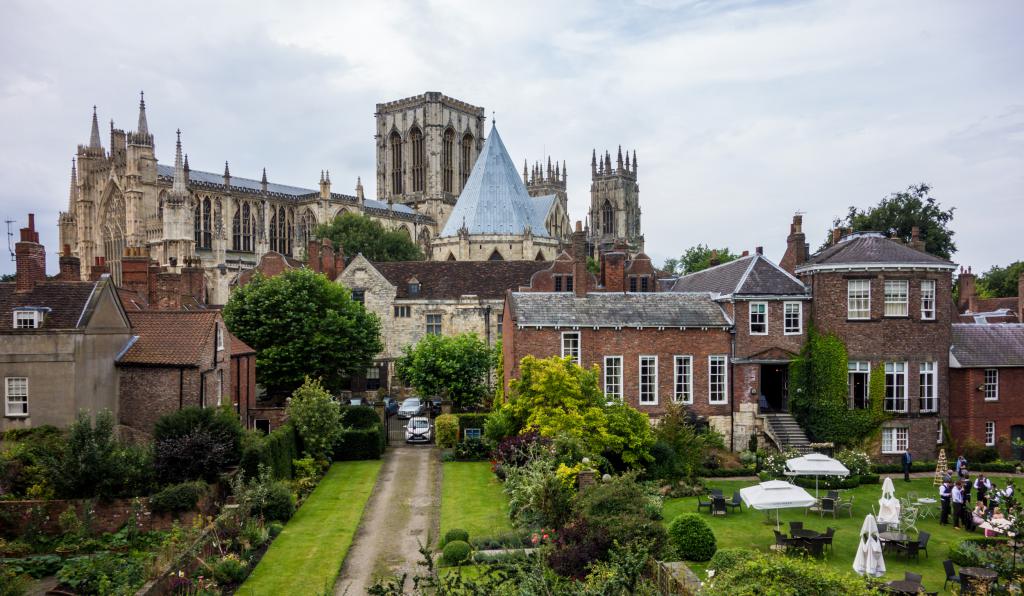Moral Critique:
1. Introduction
The building of Solomon’s Temple involved enormous wealth, including gold, silver, bronze, precious stones, and costly imported wood (1 Kings 6–7; 1 Chronicles 22:14–16). This has prompted moral critique: Why did God command such concentration of wealth rather than redistribution to the poor? This analysis explores biblical theology, moral implications, and interpretive perspectives.
2. Theological Purpose of the Temple’s Wealth
2.1 God’s Presence and Glory
2.1.1 Manifesting Divine Holiness
The lavish materials symbolised God’s incomparable holiness, majesty, and beauty (Psalm 96:6–9). The Temple was His royal dwelling place, and its splendour reflected His kingship over creation (1 Chronicles 29:10–13).
2.1.2 Cosmic Symbolism
Many design elements reflected cosmic imagery (e.g. cherubim, palm trees, pomegranates), portraying God as Creator enthroned in heaven and worshipped on earth (Beale, 2004).
2.2 Covenant Fulfilment and National Identity
2.2.1 Fulfilment of Promise
The Temple fulfilled God’s promise to David (2 Samuel 7:12–13), establishing Israel’s identity as His covenant people with a central place of atonement, worship, and teaching.
2.2.2 Unifying the Nation
Centralised worship prevented idolatry and fragmentation, fostering national ethical and spiritual unity (Deuteronomy 12:5–14).
3. The Role of Sacrificial Offerings
3.1 Worship and Atonement
- Sacrifices expressed thanksgiving, repentance, and covenant loyalty (Leviticus 1–7).
- They did not “feed” God but symbolised substitutionary atonement and worshipful devotion (Psalm 50:10–12).
3.2 Provision for Priests, Levites, and Poor
Deuteronomy 14:28–29 and Numbers 18:8–24 reveal that offerings and tithes:
- Supported the Levites (who had no land inheritance).
- Provided for the poor, including widows, orphans, and foreigners.
- Annual festivals required inclusion of the poor in feasting and worship (Deuteronomy 16:11–14).
Thus, Temple economics included redistributive and welfare dimensions, not mere accumulation (Wright, 2004).
4. Ethical Critique within the Bible
4.1 Prophetic Condemnation of Misplaced Priorities
Prophets challenged the misuse of Temple wealth when unaccompanied by justice:
Isaiah 1:13–17 – “Bring no more vain offerings… seek justice, correct oppression.”
Amos 5:21–24 – God despises sacrifices without righteousness.
4.2 The Dedication of Wealth Was Not for Idolatrous Opulence
4.2.1 Contrast with Pagan Temples
Unlike pagan temples where wealth was hoarded for priestly or royal luxury, Israel’s Temple wealth:
- Was dedicated to God (1 Chronicles 29:3–5).
- Symbolised sacrificial giving rather than accumulation for human status.
4.2.2 Generosity, Not Exploitation
David’s and Solomon’s contributions were presented as personal devotion and national thanksgiving, not exploitative taxation alone (though forced labour was later critiqued; 1 Kings 12:4).
5. New Testament Reinterpretation
5.1 Jesus’ Teaching on Wealth and the Temple
5.1.1 Spiritual Fulfilment
Jesus emphasised that God desires mercy over sacrifice (Matthew 9:13; 12:7), and that true worship is in spirit and truth (John 4:21–24).
5.1.2 Prophetic Challenge
He cleansed the Temple to critique economic injustice and exploitation of the poor within its courts (Matthew 21:12–13).
5.2 Christ as the True Temple
The Temple foreshadowed Christ as God’s dwelling with humanity, replacing physical splendour with incarnate humility and sacrificial love (John 2:19–21; Philippians 2:5–11).
6. Moral and Theological Resolution
6.1 God’s Wealth vs. Human Greed
The biblical narrative distinguishes:
- God’s command for sacrificial giving to honour Him, expressing dependence, gratitude, and holiness.
- Human corruption that twists worship into oppression, which prophets condemned.
6.2 Wealth as a Means, Not an End
The Temple’s grandeur was not an endorsement of luxury but a symbolic pedagogy:
- Teaching God’s infinite worth and holiness.
- Calling worshippers to ethical holiness and generosity towards the poor.
7. Summary Table: Temple Wealth and Moral Theology
| Aspect | Biblical Perspective |
|---|---|
| Purpose of Wealth | Manifest God’s holiness and kingship. |
| Use of Offerings | Worship, priestly support, and poor relief. |
| Prophetic Critique | Condemned empty ritual without justice. |
| New Testament Fulfilment | True temple is Christ; wealth used for kingdom compassion. |
8. Conclusion
While God commanded great wealth and sacrifice for the Temple, this:
- Did not negate care for the poor, but incorporated it within covenant law.
- Was primarily symbolic of God’s glory and holiness, not human greed.
- Was consistently critiqued when religious devotion failed to produce justice and mercy.
Ultimately, Christ redefines temple theology, calling believers to sacrificial worship expressed in love, generosity, and justice, revealing the true heart of God’s kingdom.
9. References
- Beale, G. K. (2004). The Temple and the Church’s Mission: A Biblical Theology of the Dwelling Place of God. Downers Grove: IVP Academic.
- Levenson, J. D. (1984). Sinai and Zion: An Entry into the Jewish Bible. San Francisco: Harper & Row.
- Wright, C. J. H. (2004). Old Testament Ethics for the People of God. Downers Grove: IVP Academic.
- Brueggemann, W. (1997). Theology of the Old Testament: Testimony, Dispute, Advocacy. Minneapolis: Fortress.

